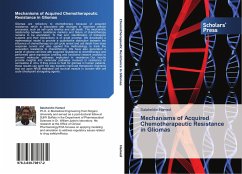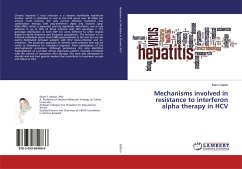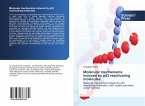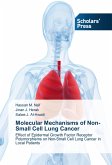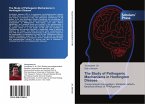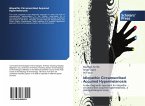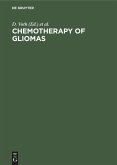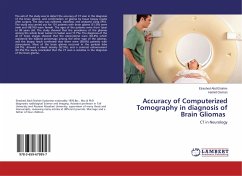Gliomas are refractory to chemotherapy because of acquired resistance, which is associated with changes in important cellular processes, such as cell cycle kinetics and cell death. The mechanistic relationship between resistance markers and failure of chemotherapy remains to be elucidated. To that end, identification of biological systems and their interactions is of great promise. We developed a mathematical model to provide a quantitative distinction between the influence of chemotherapy on cell cycle arrest and cell death from dose response curves and also applied this methodology to track the acquisition resistance to chemotherapy. We have also generated a panel of glioma cell lines with acquired resistance to chemotherapy and performed gene expression profiling and functional network analysis to unravel molecular pathways implicated in resistance. Our results provide insights into molecular pathways involved in resistance to carmustine in vitro. If they prove to hold for gliomas in human patients, these results can point the way towards improved therapeutic regimens that act upon NF B mediated cell survival module in concert with cell cycle checkpoint abrogating agents.
Bitte wählen Sie Ihr Anliegen aus.
Rechnungen
Retourenschein anfordern
Bestellstatus
Storno

